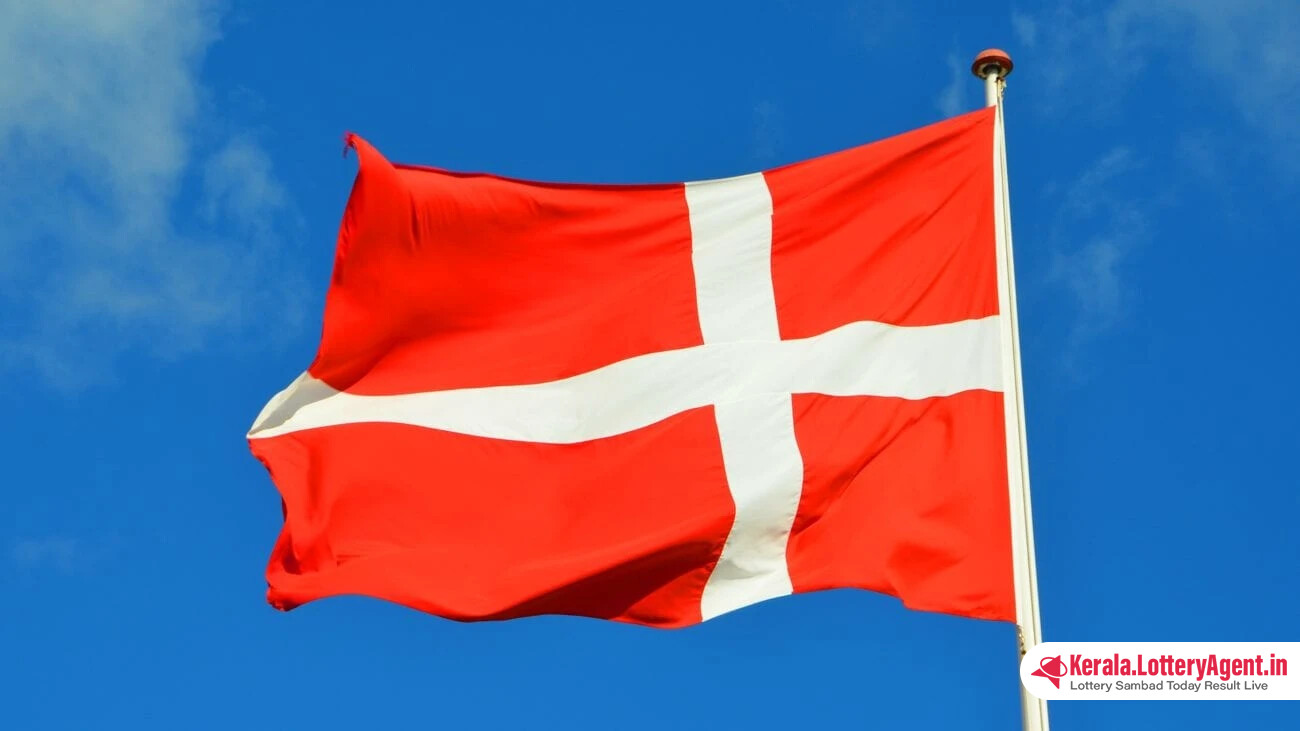
In a recent development striking at the core of illegal gaming operations, Denmark’s Spillemyndigheden, the nation’s gambling authority, has taken decisive action against unauthorized online game promotions. The games, as stated by the authority, were being run by entities that had not been granted a licence to operate in Denmark, thus breaching strict regulations.
While details about the illicit operators and the involved parties remain under wraps, Spillemyndigheden has made it clear that two websites acted as the launch pads for these unauthorized offerings. The websites in question did more than just offer unlicensed gambling—they enabled users to circumvent ROFUS, Denmark’s national self-exclusion database designed to prevent gambling addiction. Individuals on ROFUS who have chosen to opt-out of gambling should not be able to play on licensed sites, yet these unlawful platforms disregarded such regulations.
The act of promoting unlicensed gambling is illegal under Danish law, prompting Spillemyndigheden to refer the case to the police. Following the investigation, it was determined that the law had indeed been violated, leading to the issuance of two fines of DKK 50,000 each, amounting to a total penalty of DKK 100,000. This figure was put forward as a recommendation by the regulator itself.
Significantly, this case stands as the first instance where financial penalties have been imposed for the promotion of methods enabling registered ROFUS players to gamble notwithstanding their self-exclusion. This decisive action reflects Denmark’s firm stance on enforcing its gambling laws and protecting vulnerable individuals.
These fines were handed down against a backdrop of rising concern over underage gambling in the country. Spillemyndigheden published a study earlier in the month detailing the worrying levels of gambling prevalence among Danish youth. Alarmingly, the report found that approximately 15% of young individuals aged between 15 and 17 had gambled, even though the legal gambling age in Denmark is set firmly at 18.
Delving deeper, the study revealed the nature of gambling those underaged individuals participated in: 68% placed bets of some kind; 42% engaged in online casino games; 21% tried their luck with lotteries and scratchcards; and 4% took part in other gambling activities. Particularly concerning is that 35% of those surveyed participated in skin betting—a form of gambling enmeshed within video games where players can win virtual items such as character skins or new weapons. Considering the immersive and often interactive aspects of video gaming, such betting activities represent a potential gateway to further gambling behaviors.
The fines and the statistics point to a clear message from Spillemyndigheden: safeguards to prevent underage and irresponsible gambling are to be taken seriously, and enforcement actions will be stringent. This stance is indicative of the regulator’s broader mandate to ensure a responsible and law-abiding gambling industry.
As Denmark continues to navigate the complexities of regulating an increasingly digital and diverse array of gambling activities, cases such as these underscore the importance of vigilant oversight. Spillemyndigheden’s recent actions serve as both a cautionary tale for unlicensed operators and a reminder of the necessity of protective measures for the young and vulnerable segments of society.












